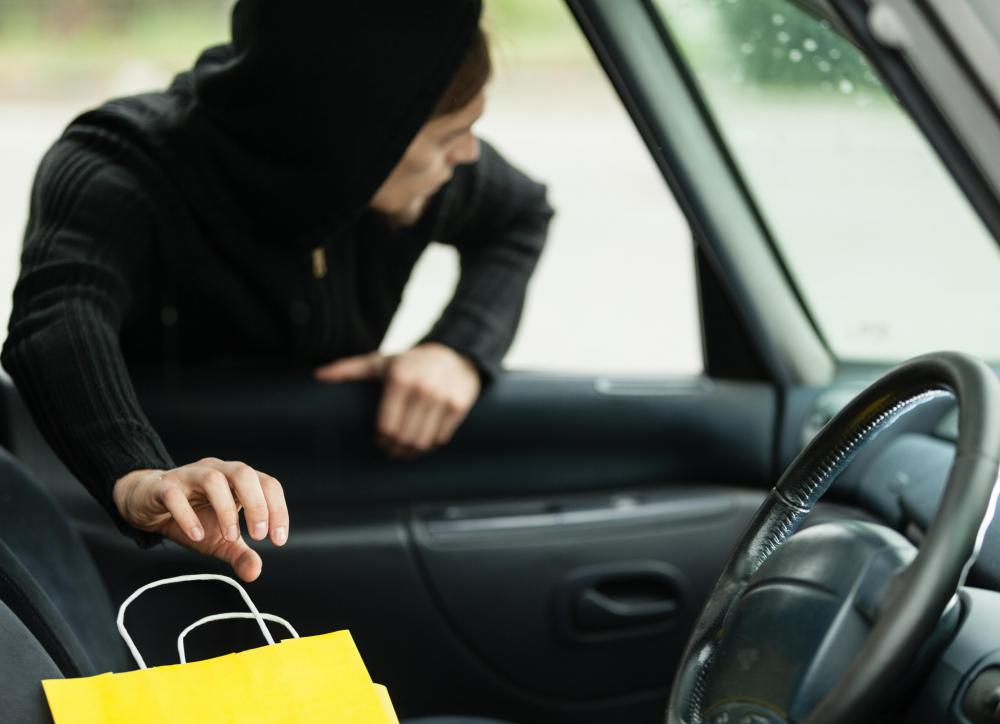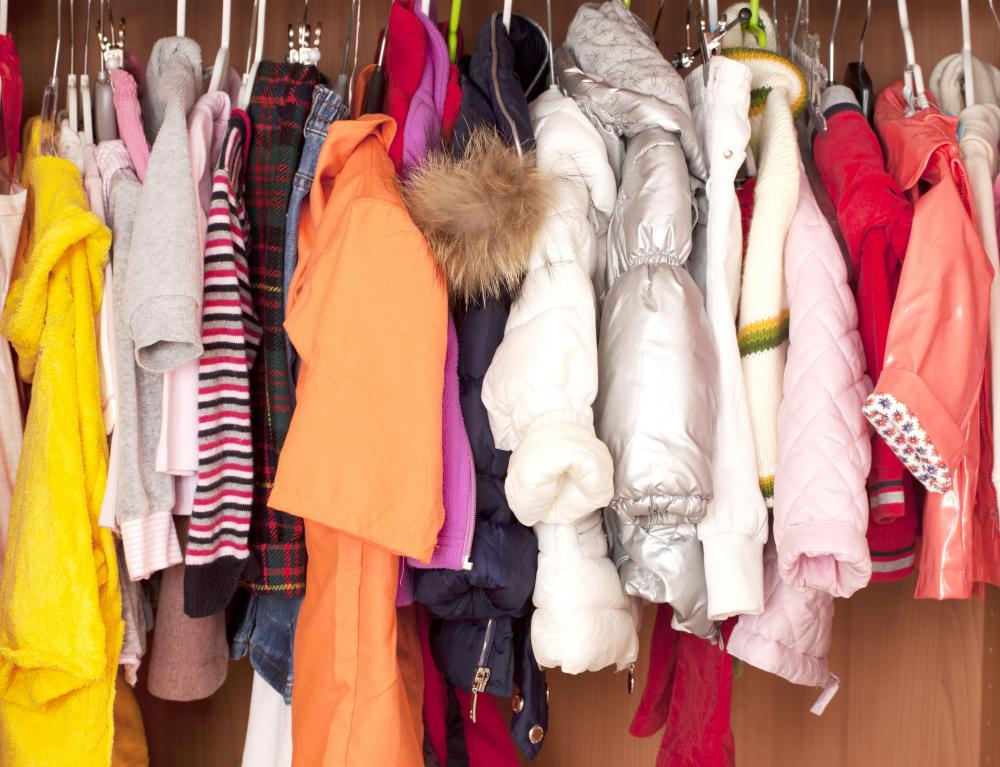At WiseGEEK, we're committed to delivering accurate, trustworthy information. Our expert-authored content is rigorously fact-checked and sourced from credible authorities. Discover how we uphold the highest standards in providing you with reliable knowledge.
What are the Best Loss Prevention Tips?
Theft is one of many ways that a company's profit margin can be negatively affected. While it is not always preventable, there are specific steps that business owners can take to minimize the risk. The best loss prevention tips include the installation of surveillance cameras and contracting uniformed security officers to monitor suspicious activity. Business owners should also be cautious when hiring new employees. Checking references, conducting background checks or utilizing other screening methods are important loss prevention tips to limit in-house theft.
Some retail establishments benefit from electronic merchandise tagging. Sensors can be affixed to various items, such as clothing, books, jewelry or other valuable goods. When customers wish to purchase an item, they bring it to the cash register and the sensor is deactivated when it is scanned at the point of sale. If the sensor is not removed or deactivated, it triggers an audible alarm when it nears the front door. Security and store personnel are then instantly aware that a shoplifting attempt may be occurring.

Even with surveillance cameras, security personnel and electronic tagging in place, it can be difficult to prevent shoplifting. Some thieves are just naturally adept at stealing. To minimize risk, loss prevention tips in a retail setting include strategic placement of cash registers and merchandise so that criminals have a harder time removing items from the store inconspicuously. Small, lightweight objects or expensive merchandise generally should not be kept close to exit doors.

To make a business less of a target for robberies, enclosed cashier areas are better than ones that are easily accessible to criminals. It is also a good idea to install panic buttons near the registers and other locations throughout the store. In case there is a robbery attempt, a store employee can press the button, which triggers a silent alarm, alerting authorities of a crime in progress.

In addition to preventing random shoplifting efforts, loss prevention tips are important to heed when deciding which potential employees to hire. Checking references may give business owners an insight into a person's previous experience and work ethics, but some companies take it a step further and require applicants to pass a drug test before offering employment. This hiring condition serves a number of purposes for a business.

Some employers feel that people who engage in illegal drug-use are more likely to steal cash or merchandise. For this reason, administering drug tests to applicants is one of the loss prevention tips that may prevent business owners from hiring people who may steal from them. Additionally, companies who drug test their employees frequently benefit from a reduction in insurance premiums.
AS FEATURED ON:
AS FEATURED ON:

















Discussion Comments
I think we are getting better and better at loss prevention. I don't know if many people have noticed this but there is a huge change in the business sector with how data is used to prevent loss. I call this smart business.
The company I work at initialized this about two years back and we have minimized losses to a great extent. What higher management did was to combine different data like inventory, employee and customer information and received, sold and returned products together in one system. This allows management to follow what is happening at each stage and where losses are occurring the most.
This works because every business is a little bit different. If you can see where your weakest points are, then you can implement some loss prevention techniques specific to the problem at hand. It also allows management to notice fraud very quickly and that minimizes losses also.
Did you guys know that almost eighty percent of small businesses fail in the first several years and thirty percent is caused by dishonesty of employees? I found a paper on this for an assignment and was so surprised to hear these numbers.
I was also surprised to know that protection of business and assets does not mean buying insurance. There is something called a loss prevention program. It's basically what a business does to protect the physical business, assets (products and services) and employees. A lot of it has to do with planning, buying security equipment and training people that work with you.
For some reason, I always thought that preparing for loss meant buying insurance. Small businesses don't usually buy insurance because it seems too expensive when compared to their profits, but according to this paper, it's actually just the opposite. They say that small businesses need insurance more because they are less prepared to deal with losses. It makes sense.
When I worked in retail, most of our losses weren't due to theft, but rather damaged goods. If goods aren't taken care of properly, than it might be damaged and will go to waste.
We had good precautions against theft, but the employees weren't always knowledgeable about how to care for and store the products.
The other problem that caused loss was incorrect transactions. Sometimes the credit card or check wouldn't go through properly or errors would be made with products on sale and refunds.
So a big part of retail loss prevention is giving employees the necessary training.
Post your comments